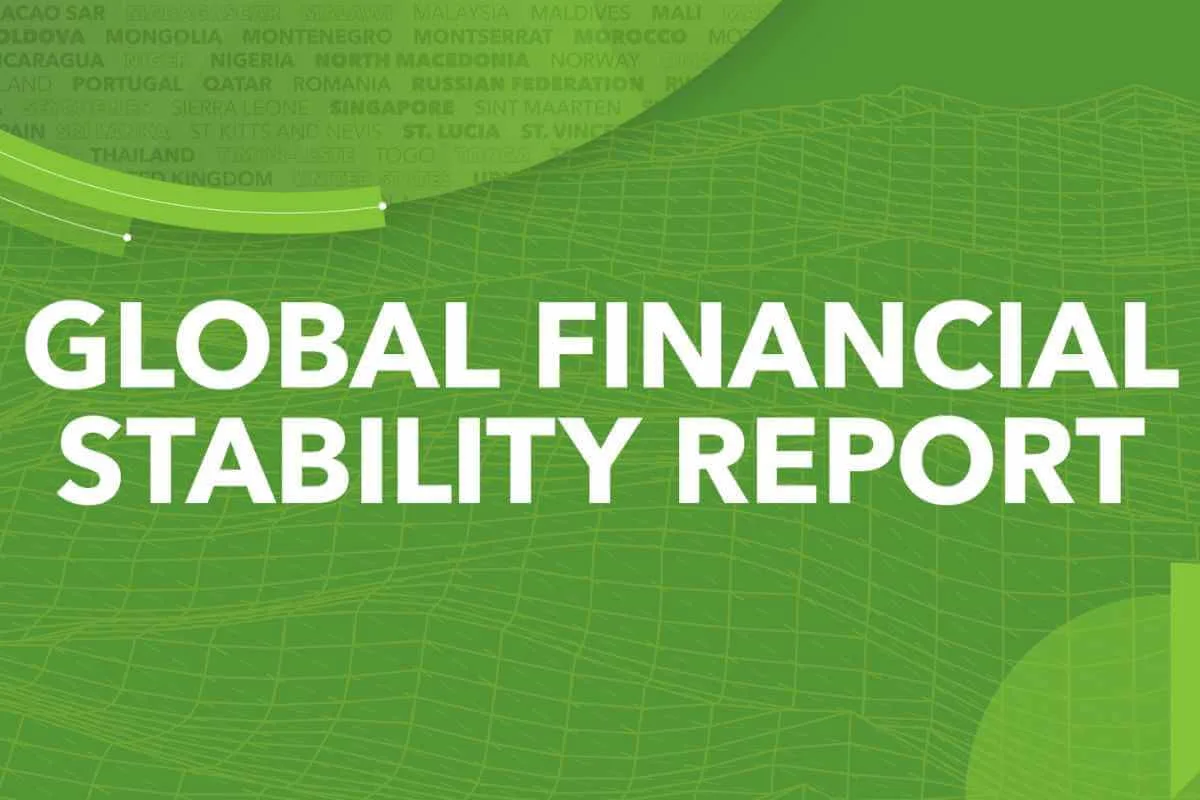
The latest Global Financial Stability Report by the International Monetary Fund (IMF) highlights the dual nature of artificial intelligence (AI) adoption in financial markets, emphasising both its potential benefits and inherent risks. Reportedly, the IMF has conducted extensive outreach to various stakeholders—from investors to technology providers to market regulators—to demonstrate how financial institutions are harnessing advances in AI for capital market activities and the potential impact of its adoption.
Also Read: BNP Paribas Advances AI Integration into Banking with Over 750 Use Cases in Production
AI in Finance
According to the report, the IMF says AI has the capability to enhance risk management and deepen liquidity in trading activities. However, it could also render markets opaque, making them harder to monitor and more vulnerable to cyber-attacks and manipulation risks.
AI's ability to rapidly process vast amounts of data could lead to more efficient portfolio rebalancing and increased trading volumes, particularly in liquid asset classes like equities and government bonds. Notably, AI-driven exchange-traded funds (ETFs) demonstrate significantly higher turnover rates compared to traditional funds, raising the prospect of deeper, more liquid markets.
Risks Associated with AI Integration
However, the report warns that AI's integration into trading strategies could also contribute to market volatility. Historical events, such as the May 2010 "flash crash," when US stock prices collapsed only to rebound minutes later, underscore the potential for automated trading algorithms to cause rapid price swings. The advent of AI may exacerbate these risks, particularly concerns over herd-like behaviour during periods of market stress.
Despite these challenges, the use of AI in finance is still in its infancy. Patent filings indicate this trend: "Since large language models (LLMs) began to appear in 2017, the share of AI content in patent applications related to algorithmic trading has risen from 19 percent in 2017 to over 50 percent each year since 2020, suggesting that a wave of innovation is coming in this area," the IMF said in a blog post.
Also Read: AI Can Be a Game-Changer for Europe’s Economic Growth: Report
Adaptive Regulatory Frameworks
As nonbank financial intermediaries, such as hedge funds, continue to embrace AI, regulatory frameworks must adapt, the report said. It recommends that financial authorities enhance volatility response mechanisms, such as circuit breakers, and strengthen oversight of nonbank institutions. This includes requiring transparency in AI-related practices and mapping dependencies between data and technology.
With the evolution of AI in finance, a balanced regulatory approach will be essential to leverage its benefits while mitigating potential risks, the IMF concluded in a blog post based on the chapter titled 'Advances in Artificial Intelligence: Implications for Capital Market Activities' from the October 2024 Global Financial Stability Report.















